Explore how technology is revolutionizing our understanding of the Solar System. Discover the latest innovations and tools driving space exploration.
The Solar System, once a mysterious realm far beyond our reach, is now being explored like never before, thanks to the rapid advancements in technology. Over the past few decades, new tools and techniques have significantly altered our comprehension of the planets, moons, and other celestial bodies that make up our cosmic neighborhood.
1. Enhanced Space Telescopes:
Space telescopes like the Hubble Space Telescope have allowed astronomers to peer deeper into the universe than ever before. Their high-resolution imaging has enabled us to discover new planets, study distant stars, and unravel the mysteries of nebulae. These telescopes have been pivotal in mapping out the Solar System and understanding its structure, including the detailed surfaces of planets such as Mars and Venus.
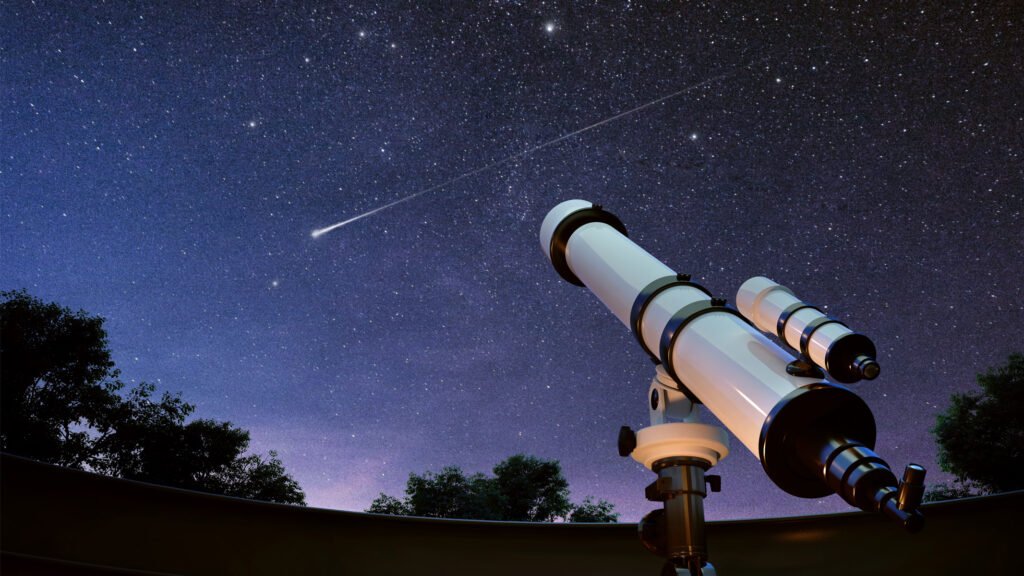
2. Robotic Space Missions:
Robotic spacecraft have played a crucial role in expanding our knowledge of the Solar System. The Mars rovers, such as Perseverance, have given us a closer look at the Martian surface, while spacecraft like Voyager 1 and 2 have ventured beyond the boundaries of our solar neighborhood. These missions continue to provide invaluable data, from analyzing soil compositions to sending back mesmerizing images of distant worlds.
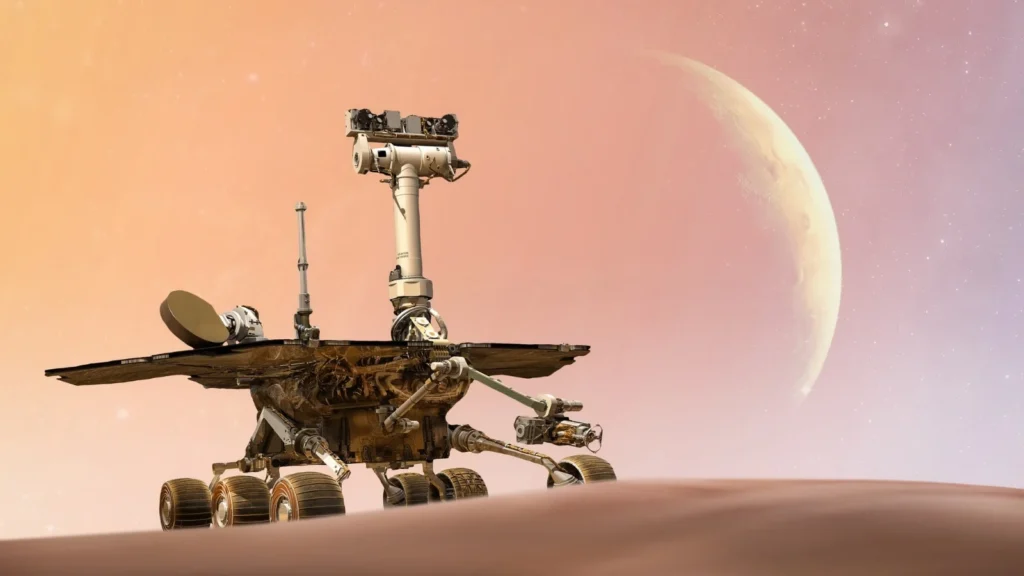
3. Artificial Intelligence in Space Exploration:
Artificial intelligence (AI) is beginning to revolutionize space exploration by improving decision-making processes and data analysis. With AI, space agencies can analyze vast amounts of data collected from spacecraft in a fraction of the time it would take human scientists. AI is also being used to operate autonomous spacecraft, enabling them to perform tasks like navigating through the asteroid belt or searching for signs of life on other planets.
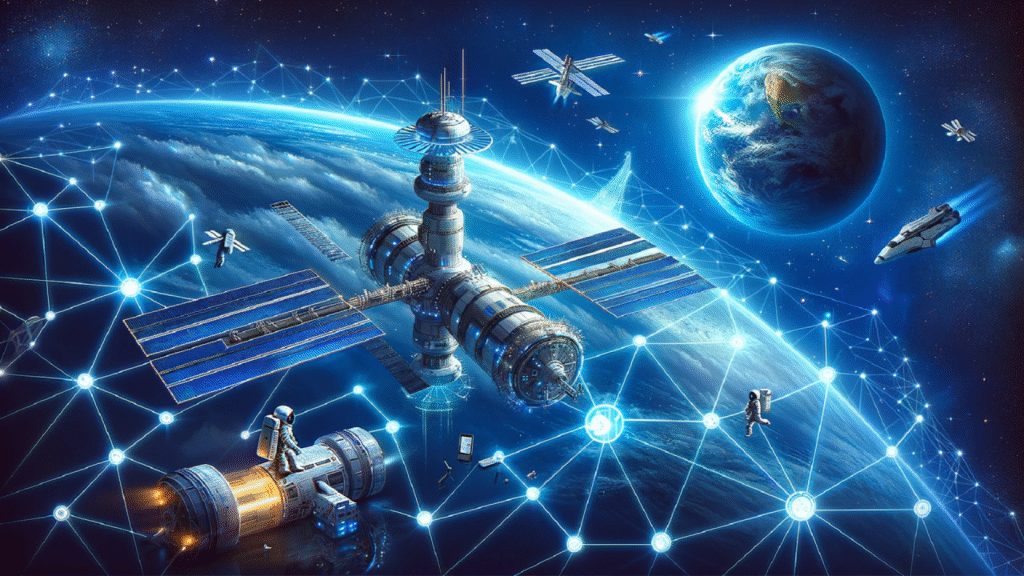
4. The Role of Space Probes:
Space probes like New Horizons and Juno are allowing us to explore the outer planets of our Solar System. These probes are equipped with sophisticated instruments that measure everything from the composition of planetary atmospheres to the magnetic fields surrounding Jupiter. Thanks to these probes, we’ve learned more about the outer reaches of our Solar System than ever before, helping us piece together how these distant bodies came to be.
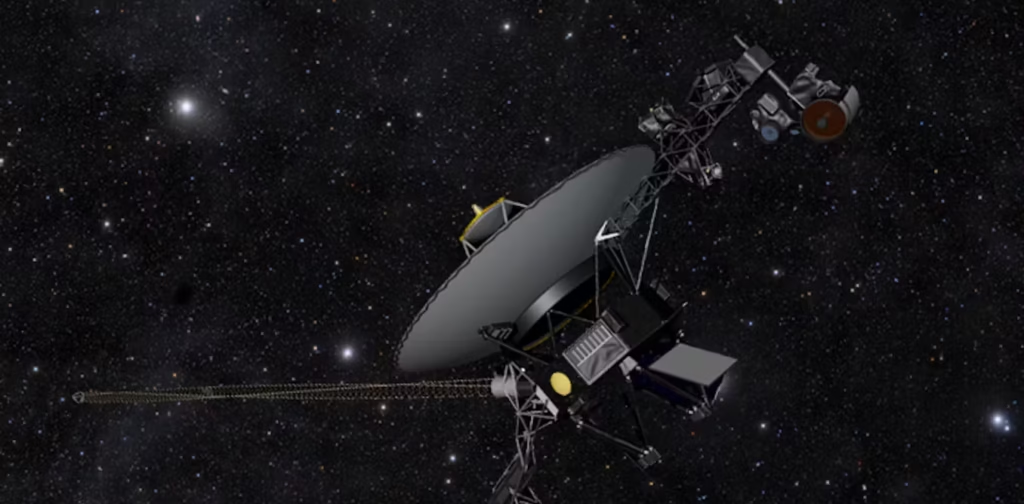
5. Advancements in Space Communication:
One of the most significant challenges in space exploration is communication. However, recent advancements in communication technologies have drastically improved how we send and receive data from space. With faster communication systems, spacecraft can now transmit more data back to Earth, providing scientists with critical insights into the workings of far-off planets and moons.
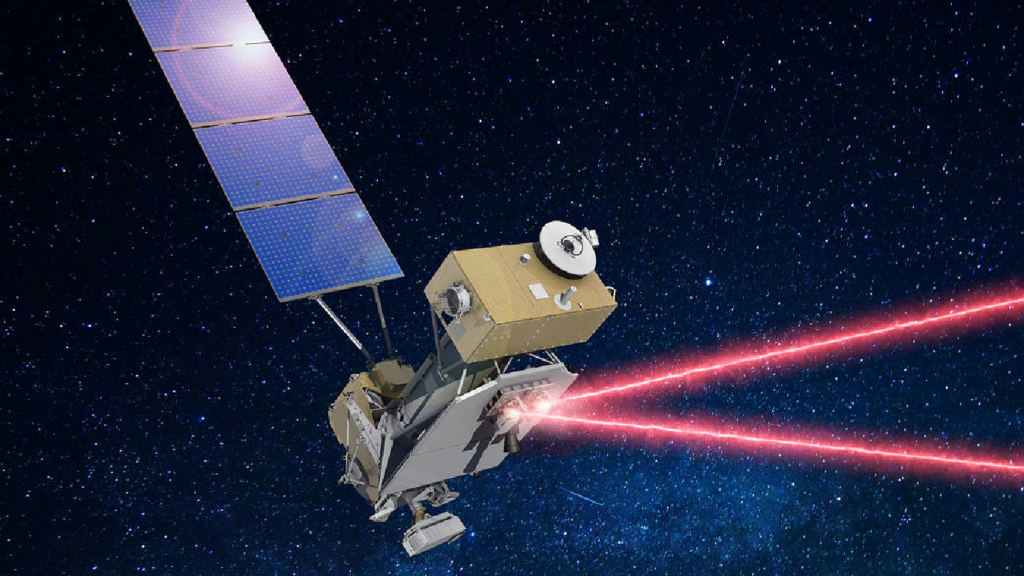
6. The Future of Solar System Exploration:
The future of space exploration looks even more promising, with technologies like quantum computing, 3D printing, and advanced propulsion systems on the horizon. These innovations could lead to more efficient and cost-effective space missions, enabling humanity to explore deeper into the Solar System and even beyond.
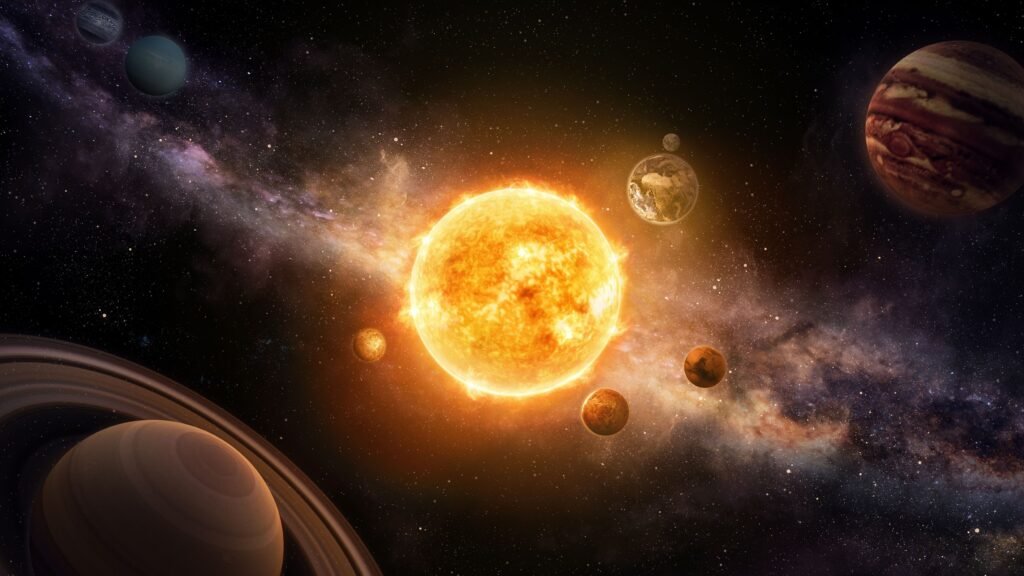
Why Technology Matters:
The key takeaway is that technology is allowing us to observe, analyze, and explore space in ways that were previously unimaginable. By enhancing our ability to explore the Solar System and even look beyond it, these innovations offer profound insights into the universe’s origins, structure, and potential for supporting life. With every technological leap, we’re getting closer to answering some of humanity’s oldest questions: “Are we alone in the universe?” and “What is out there?”
Each new technological breakthrough, from AI-powered rovers to more advanced telescopes, is providing more precise answers and giving us a deeper understanding of not just the Solar System but also the broader universe around us. We’re only scratching the surface of what space exploration holds for the future, and as technology continues to evolve, our understanding of space will become more expansive and precise.
Disclaimer:
This blog is intended for informational and educational purposes only. The views expressed are personal opinions or general insights, not professional or legal advice. Readers should do their own research or consult relevant professionals before taking action based on this content.
SolarSystem #SpaceExploration #SpaceTechnology #Astronomy #FutureOfSpace #SpaceScience #TechInSpace #SpaceResearch #NASA #SpaceInnovation #AstronomicalTechnology #TechTrends #SolarSystemExploration #ScienceAndTech #SpaceTech#carrerbook#anslation
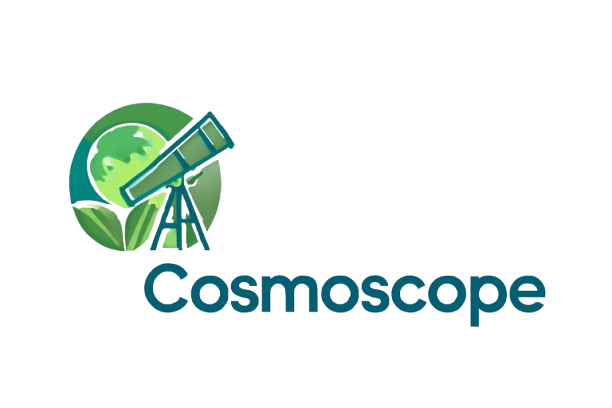
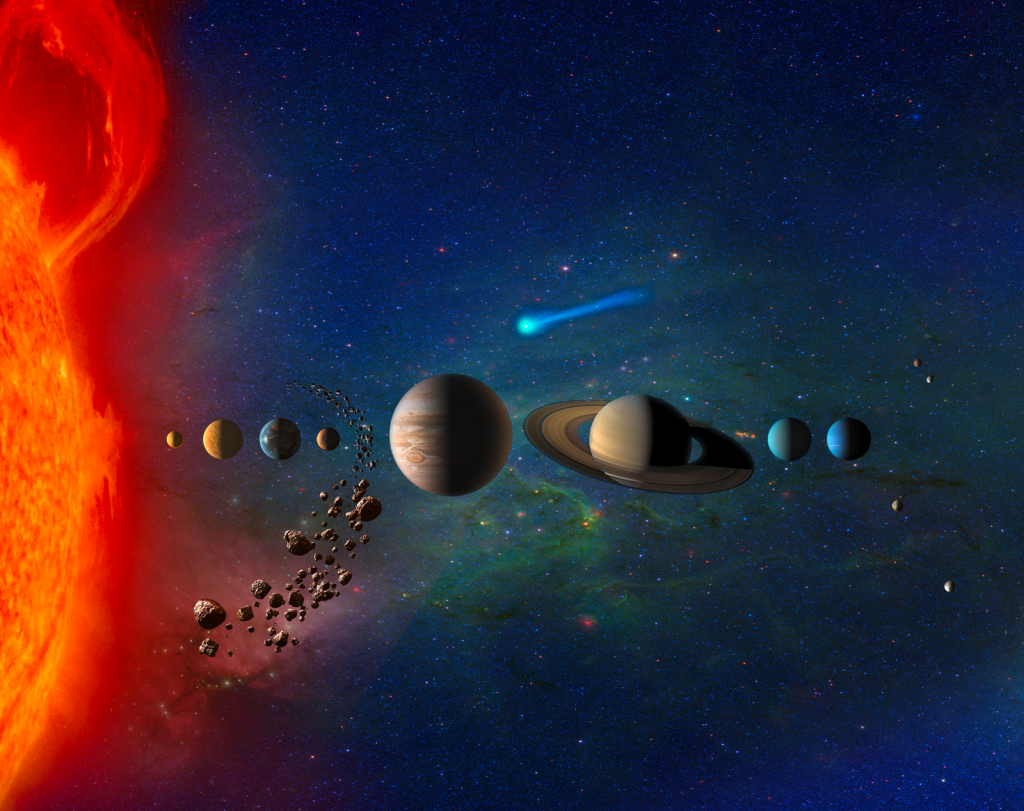
Leave a Reply